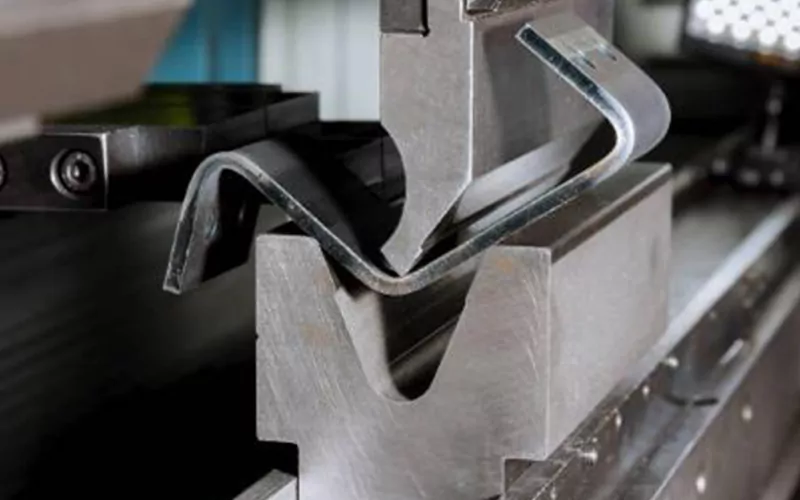Introduction
CNC metal fabrication has revolutionized the manufacturing industry, enabling precise and efficient production of metal components. As technology continues to advance, the future of CNC metal fabrication holds exciting possibilities. In this article, we will explore the latest advancements in this field and their potential impact on various industries.

Enhanced Precision and Efficiency
One of the key areas where advanced technologies are shaping the future of CNC metal fabrication is in enhanced precision and efficiency. With the integration of artificial intelligence and machine learning algorithms, CNC machines can now analyze and optimize tool paths, reducing waste and improving overall accuracy. This not only saves time and resources but also ensures consistent quality in the final products.
For example, the use of predictive modeling algorithms can help identify potential issues in the fabrication process before they occur. By analyzing historical data and real-time sensor inputs, CNC machines can make adjustments on the fly, minimizing errors and maximizing productivity. This level of automation and intelligence is transforming the way metal components are manufactured.
Advanced Materials and Customization
The future of CNC metal fabrication also lies in the exploration of advanced materials and customization options. Traditional CNC machines were limited to working with conventional metals such as steel and aluminum. However, with advancements in materials science, CNC machines can now handle exotic alloys, composites, and even biomaterials.
This opens up new possibilities for industries such as aerospace, automotive, and medical, where lightweight and high-strength materials are in demand. CNC machines equipped with laser cutting and 3D printing capabilities can create intricate designs and complex geometries, enabling the production of customized components that were previously unachievable.
Integration of Robotics and Automation
Another significant trend in the future of CNC metal fabrication is the integration of robotics and automation. Collaborative robots, or cobots, are being employed alongside CNC machines to perform repetitive tasks, freeing up human operators for more complex and creative work. These cobots can assist in material handling, tool changing, and quality inspection, improving overall productivity and reducing the risk of human error.
Furthermore, the use of advanced sensors and computer vision technology allows CNC machines to interact with their environment in real-time. They can detect and adapt to changes in material properties, automatically adjust cutting parameters, and even perform self-diagnosis to prevent potential issues. This level of automation not only increases efficiency but also enhances workplace safety.
Integration with Industry 4.0
The future of CNC metal fabrication is closely intertwined with the concept of Industry 4.0, which refers to the integration of digital technologies into manufacturing processes. CNC machines are becoming an integral part of smart factories, where they are connected to a network of sensors, data analytics systems, and other machines.
Real-time data from CNC machines can be collected and analyzed to optimize production schedules, predict maintenance needs, and identify opportunities for process improvement. This data-driven approach enables manufacturers to make informed decisions and adapt quickly to changing market demands. The future of CNC metal fabrication lies in its seamless integration with other digital technologies, creating a truly interconnected and intelligent manufacturing ecosystem.
Conclusion
The future of cnc metal fabrication is bright and promising. With advancements in precision, materials, automation, and integration with Industry 4.0, CNC machines are poised to revolutionize the manufacturing industry. From enhanced precision and efficiency to the exploration of advanced materials and customization options, the possibilities are endless. As we continue to push the boundaries of technology, the future of CNC metal fabrication will undoubtedly shape the way we design and produce metal components.








